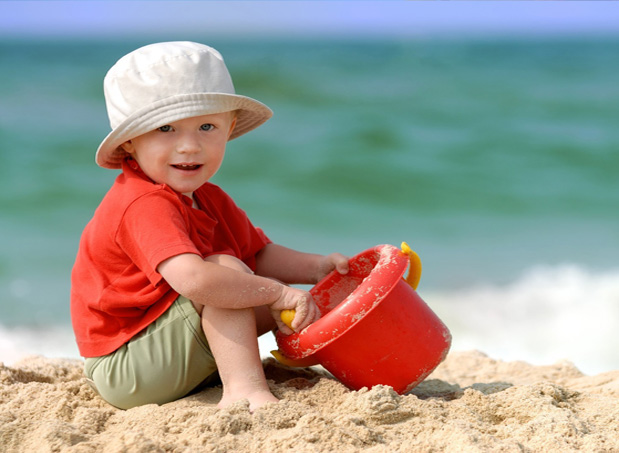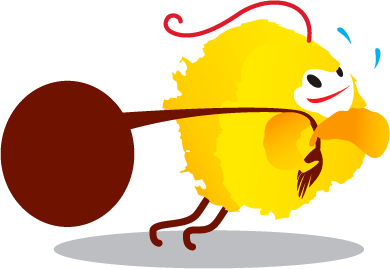News
Back to news list
.ДЕТИ Versus Destructive Content23.07.2024
|
On July 23, representatives of the “Smart Internet” Foundation, which is the administrator of the .ДЕТИ (dot DETI, which means “children” in Russian), took part in the broadcast of the information and analytical TV program "Real Time. Volgograd", the topic of which was the protection of children from destructive content on the Internet.
Children are among the most vulnerable groups in society, according to the program's creators. This vulnerability extends beyond daily living to include Internet surfing. According to official resources, the level of digital literacy of children is declining, children have begun to trust the Internet more and believe in the reliability of gadgets. Access to the network is beneficial in many ways, but there are also many dangers: shocking content, violence, a toxic environment, a destructive flow of information, intruders.
This spring, the media wrote that the data of thousands of children ‒ location of teenagers, photos, correspondence and personal information ‒ leaked online. Fraudsters could have taken advantage of the large-scale leak all because of a mistake by the creators of one of the parental control apps.
Over the past 12 years, Roskomnadzor has succeeded in removing more than 2 million pages and websites with destructive content, but experts are sure that this is not enough and more effective measures are needed. What should these measures be? What threat awaits children online and how to protect them from it? The authors of "Real Time. Volgograd", in cooperation with invited experts, tried to find answers to these questions during the broadcast hour.
One of the guests on air was Victoria Bunchuk, project manager for the Smart Internet Foundation. She told viewers what a domain zone is, how .ДЕТИ makes the network safer and more comfortable for children, and what tools help modern Internet users protect themselves from cybercriminals.








